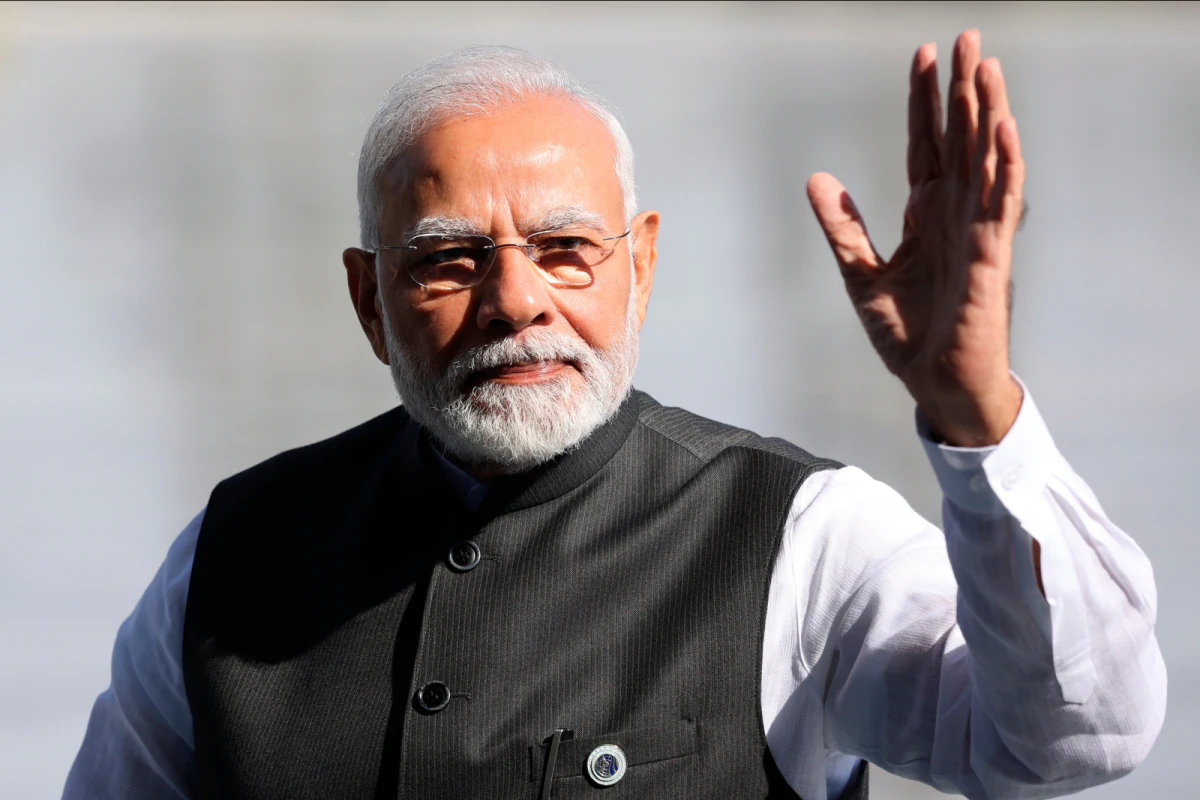While speaking at the 5th International Conference on Disaster Resilient Infrastructure on Tuesday, Prime Minister Narendra Modi emphasised that in a globally linked world, the effect of disasters will be global, and subsequent responses must be integrated rather than isolated. In a virtual address to the conference, Prime Minister Narendra Modi outlined some discussion priorities for disaster resilience infrastructure in the context of this year’s topic of “Delivering Resilient and Inclusive Infrastructure.”
“Infrastructure is not only about returns but also about reach and resilience. Infrastructure must leave none behind and serve the people even during times of crisis,” he said.
The Prime Minister emphasised the importance of taking a holistic approach to infrastructure, noting that social and digital infrastructure are just as essential as transportation infrastructure. Along with immediate relief, the Prime Minister emphasised the importance of restoring normalcy as soon as possible in his speech.
“Resilience is built in the times between one disaster and another. Studying past disasters and learning lessons from them is the way,” he added.
Modi went on to say that intelligent use of local expertise of building disaster-resistant infrastructure is essential. Furthermore, if well documented, local expertise has the potential to become a global best practice, according to PM Modi.
Referring to the magnitude and intensity of recent disasters such as the earthquakes in Turkey and Syria, the Prime Minister concluded by emphasising the significance of CDRI’s work. Over 40 nations from both advanced and developing countries are members of the Coalition for Disaster Resilient Infrastructure (CDRI).























